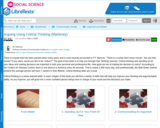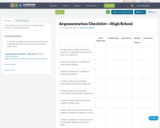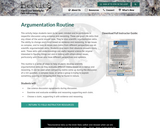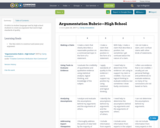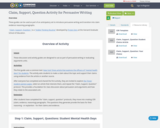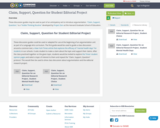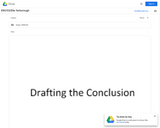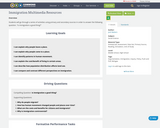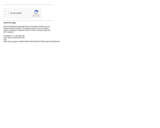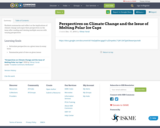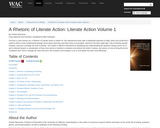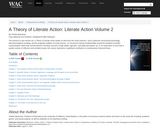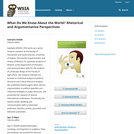This video discusses how debaters can set up their constructive arguments when debating resolutions of value. While written with IPDA and Parliamentary debate in mind, this video should be suitable for a variety of debate styles that utilize resolutions of Fact and of Value.
See also:
Refutation and Rebuttal in Competitive Debate - https://youtu.be/3rggu7MhRuU
Works Cited and Remixed
Burden of proof. (2007, February 13). [International Public Debate Association]. Debatepedia. http://debatepedia.idebate.org/en/ind...
Corbett, E. P. J., & Eberly, R. A. (2000). The Elements of Reasoning, 2nd Edition (2nd edition). Allyn and Bacon.
Edwards, R. E. (2008). Competitive debate: The official guide. Alpha Books.
Hannan, J., Berkman, B., & Meadows, C. (2012). Introduction to public forum and Congressional debate. International Debate Education Association. http://falcondebate.com/wp-content/up...
Hanson, J., & Thompson, D. (2008, February 8). The Basics of What Happens in a Parliamentary Debate. West Coast Publishing. http://www.wcdebate.com/1parli/29basi...
Horton, R., & Lo, S. (2013). Investing in health: Why, what, and three reflections. The Lancet, 382(9908), 1859–1861. https://doi.org/10.1016/S0140-6736(13...
Kellams, J. M. (2013, January 29). Framework in Public Forum Debate—Part 1. Everyday Debate Better Debate for Everyday Students and Coaches. http://everydaydebate.blogspot.com/20...
Major League Baseball. (2020, February 10). Teams with the most World Series titles. MLB.Com. https://www.mlb.com/news/teams-with-t...
McPeak, I. (2016, September 26). Weighing Mechanism Basics Every Debater Should Know. Ethos Communications. https://www.ethosdebate.com/weighing-...
Morrison, P. (2006, May 13). Get a Mac—Better. TBWA Media Arts Lab. https://www.youtube.com/watch?v=48jlm...
Potter, H. (n.d.). Do home-schoolers do better in college than traditional students? USA TODAY. Retrieved August 10, 2020, from https://www.usatoday.com/story/colleg...
Richey, P. G. (Ed.). (2016). International Public Debate Association Textbook (1 edition). Kendall Hunt Publishing.
Samaha, F. F., Iqbal, N., Seshadri, P., Chicano, K. L., Daily, D. A., McGrory, J., Williams, T., Williams, M., Gracely, E. J., & Stern, L. (2003). A Low-Carbohydrate as Compared with a Low-Fat Diet in Severe Obesity. New England Journal of Medicine, 348(21), 2074–2081. https://doi.org/10.1056/NEJMoa022637
World Health Organization. (2010). Health systems financing: The path to universal coverage. WHO; World Health Organization. https://doi.org/10/en/index.html
